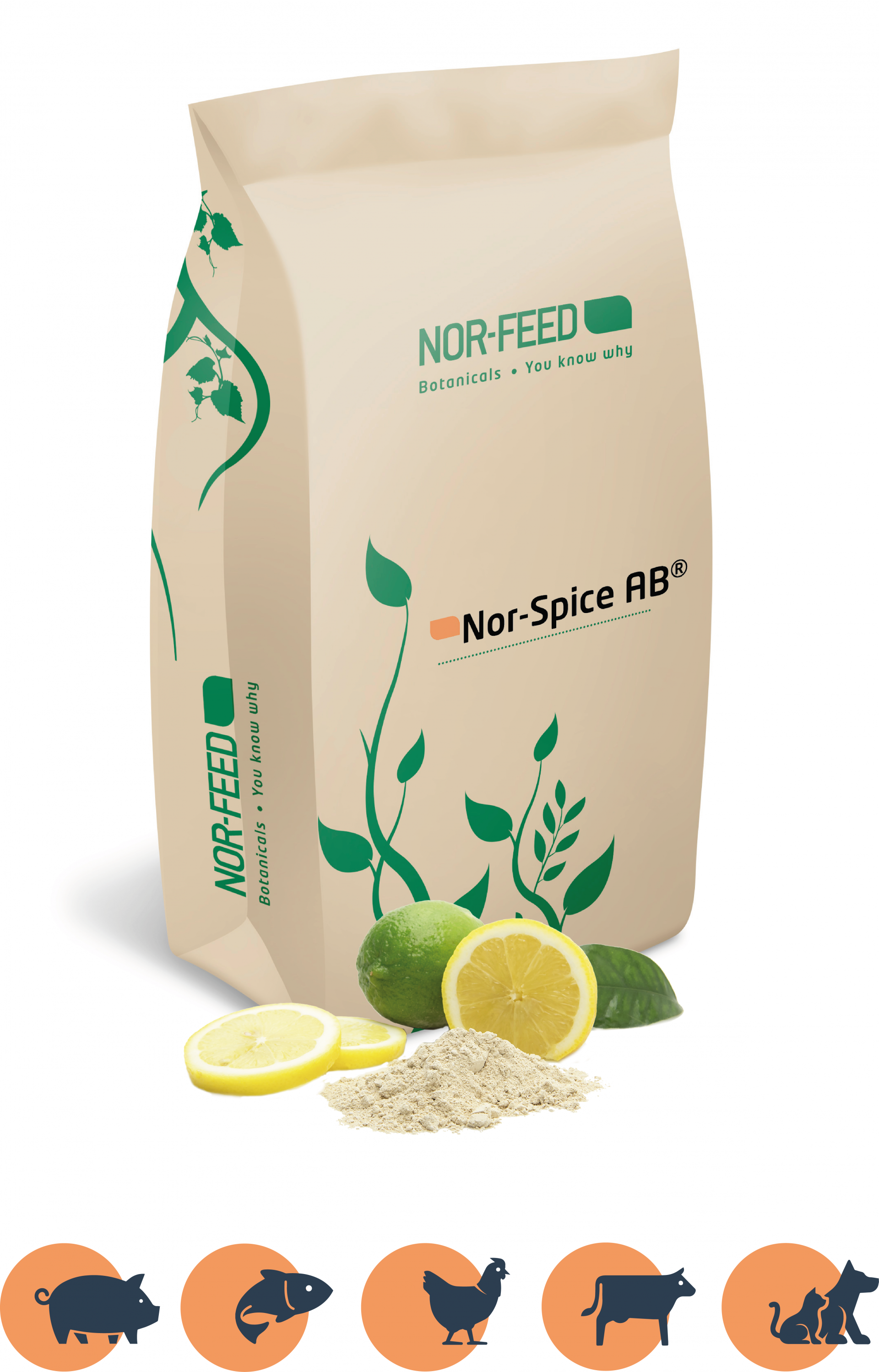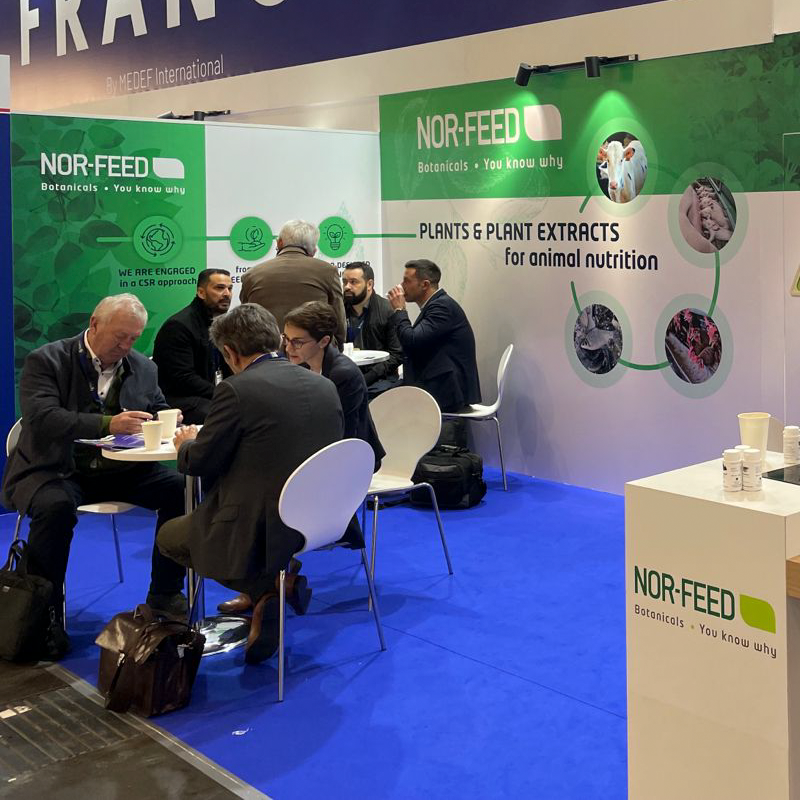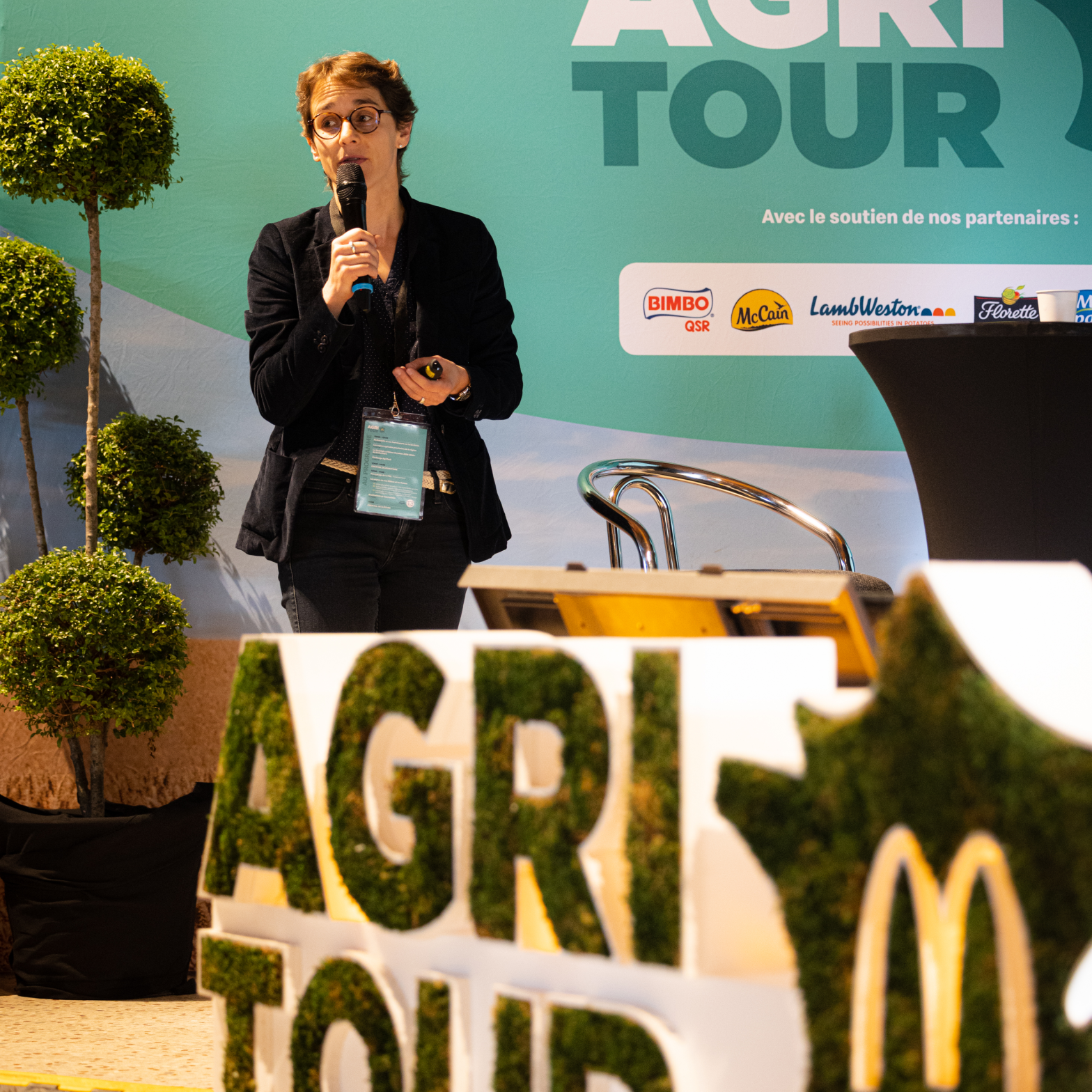
A risk factor for sow breeding:
Constipation
Constipation affects between 20 and 30% of sows in intensive breeding. It is a risk factor for urinary tract infections, cystitis and pyelonephritis and can also cause dehydration and atrophy of intestinal villi, which in turn may facilitate bacterial, viral and parasitic infections (Ramonet et al., 2017).
The role of the microbiota
Dysbiosis (or imbalance) of the gut microbiota is usually described as a consequence of this pathology. However, an article in Nature calls us for reflection about this causality, which is a very little studied issue. The team of Hailong Cao et al. implanted microbiotas of patients with constipation, in mice. The latter presented several dysfunctions: altered intestinal peristalsis, disruption of the intestinal barrier function and reduction of gastrointestinal motility. Last, the results show upregulation of serotonin transporters (SERTs) in the colon tissue, which reflects a decrease in the intestinal transit. The consequences were the following: degradation of the defecation parameters which goes in parallel with the reduction of Clostridium, Lactobacillus, Desulfovibrio and Methylobacterium, along with a tendency to the increase of Bacteroides and Akkermansia. The latter is a Gram Negative bacterium of the Verrucomicrobia family which acts on the intestinal mucosa and may have a role in chronic constipation. Its mechanism of action represents an important field of investigation.
Manage dysbiosis
These results highlight the role of intestinal dysbiosis and make it a major factor in chronic constipation. The management of dysbiosis therefore seems to be an innovative way to fight against constipation.
A natural prebiotic to modulate the sows'
Gut microbiota
A trial was carried out in France, in a commercial farm to evaluate Nor-Spice AB® efficacy on the modulation of sows’ microbiota during peripartum period.
50 sows divided into 2 groups:
- Control Group: standard diet
- Nor-Spice AB® Group: standard diet + 2 500 ppm Nor-Spice AB®.
Supplementation was made 10 days before and 5 days after farrowing.
The results from this trial shows us that Nor-Spice AB® is an efficient prebiotic to modulate the sows’ gut microbiota.

Our natural citrus extract to improve feed efficiency
Nor-Spice AB®
Nor-Spice AB® is a premixture of feed additives formulated from natural lemon extracts to stimulate the growth of lactic acid bacteria.






